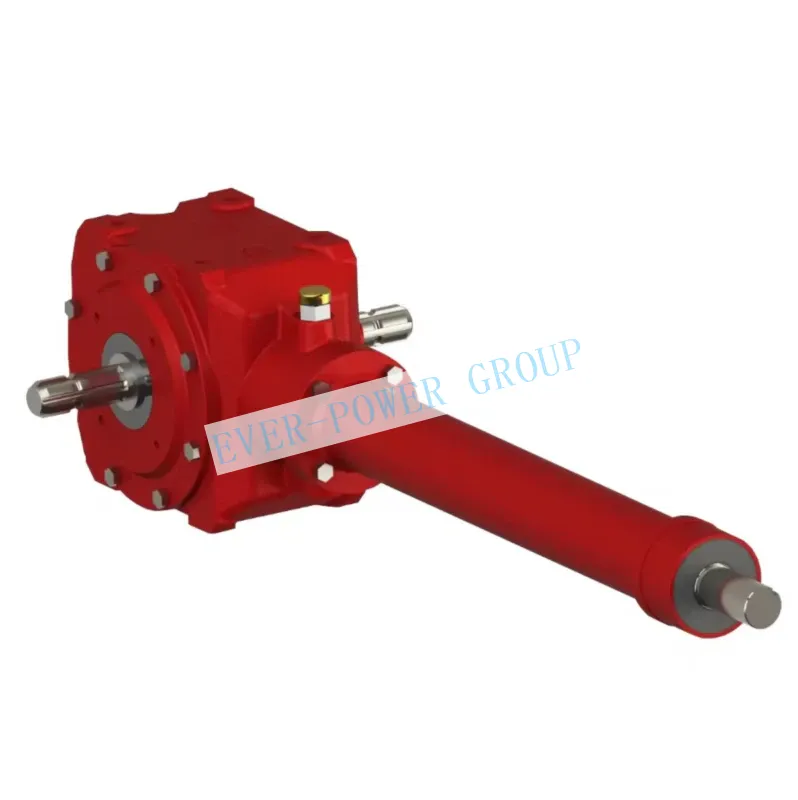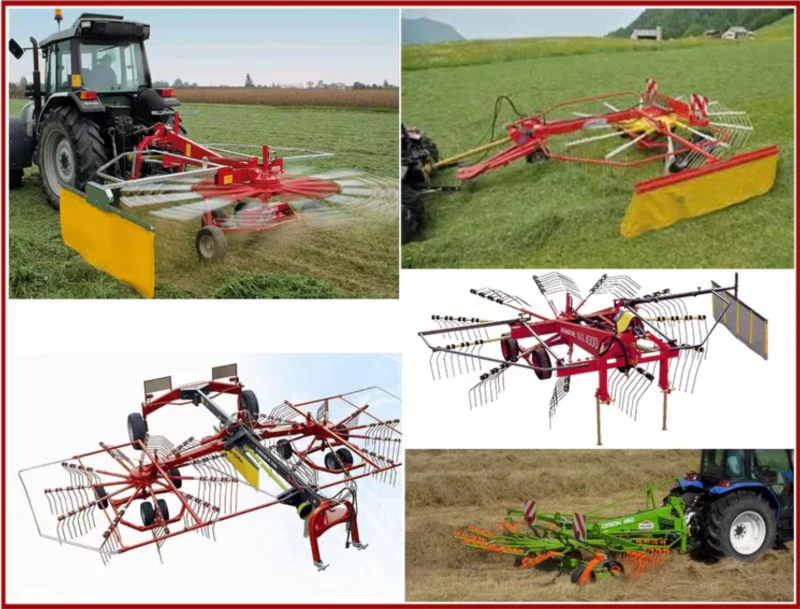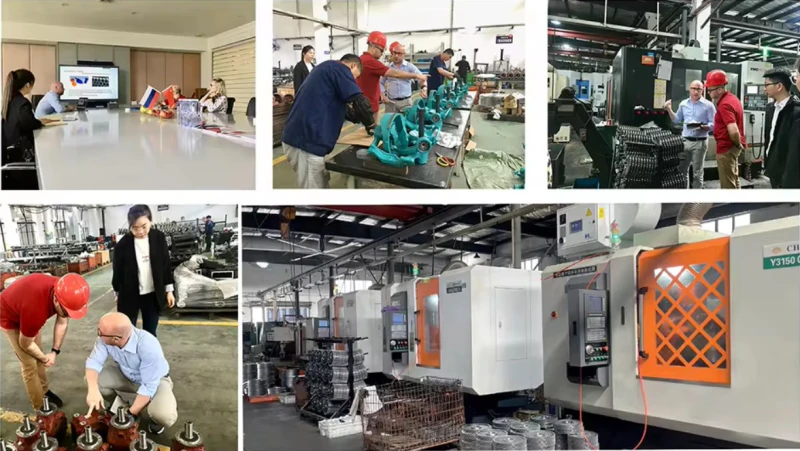Environmental impacts of agricultural gearbox usage
Introduction
Agricultural gearboxes play a crucial role in modern farming practices, enabling efficient power transmission between agricultural machinery and tools. However, the widespread usage of these gearboxes has raised concerns about their environmental impacts. In this article, we will explore the various ways in which agricultural gearbox usage affects the environment.
1. Soil Erosion and Compaction
Agricultural gearboxes, when used in heavy machinery such as tractors and tillers, can contribute to soil erosion and compaction. The mechanical force generated by gearboxes during operation can cause the displacement and compression of soil particles, leading to reduced soil fertility and increased runoff.
2. Noise Pollution
The operational noise generated by agricultural gearboxes can contribute to noise pollution in rural areas. Prolonged exposure to high noise levels can have detrimental effects on human health, wildlife, and livestock, disturbing their natural habitats and affecting their overall well-being.
3. Air Pollution
The combustion engines often used in conjunction with agricultural gearboxes emit pollutants such as carbon monoxide, nitrogen oxides, and particulate matter. These emissions contribute to air pollution, leading to adverse effects on air quality and potentially causing respiratory issues for humans and other living organisms.

4. Water Contamination
Inadequate maintenance and leakage issues in agricultural gearboxes can result in the release of lubricants, fuels, and hydraulic fluids, leading to water contamination. These substances can find their way into nearby water bodies, compromising the quality of water and posing risks to aquatic ecosystems and human health.
5. Energy Consumption
The operation of agricultural gearboxes requires a significant amount of energy, primarily sourced from fossil fuels. The production and consumption of these fuels contribute to greenhouse gas emissions and climate change, further exacerbating environmental concerns.

6. Waste Generation
Throughout the lifecycle of agricultural gearboxes, from manufacturing to disposal, various waste materials are generated. This includes the production waste, packaging materials, and discarded gearboxes themselves. Proper waste management practices are essential to mitigate the environmental impact of this waste.
Company Promotion and Introduction
Our company is a leading player in the Chinese gearbox market, offering a wide range of high-quality agricultural gearboxes, mower gearboxes, replacement comer gearboxes, tiller gearboxes, greenhouse motors, and more. With 300 sets of advanced fully automated CNC production equipment and assembly facilities, we are committed to providing products of unmatched quality, competitive prices, and excellent customer service. Customization is also available based on customer requirements.

Q&A
Q: How can farmers minimize soil erosion caused by agricultural gearboxes?
A: Implementing conservation practices such as contour plowing, terracing, and cover cropping can help reduce soil erosion by providing natural barriers and improving soil structure.
Q: What measures can be taken to mitigate the noise pollution caused by agricultural gearboxes?
A: Enclosing the gearbox machinery in soundproof cabins or using noise-reducing technologies, such as mufflers and vibration-damping materials, can help minimize the impact of noise pollution on surrounding areas.
Q: How can agricultural gearboxes contribute to sustainable farming practices?
A: By adopting precision farming techniques and incorporating gearboxes in agricultural machinery with advanced power management systems, farmers can optimize energy usage, reduce emissions, and enhance overall sustainability in agricultural operations.